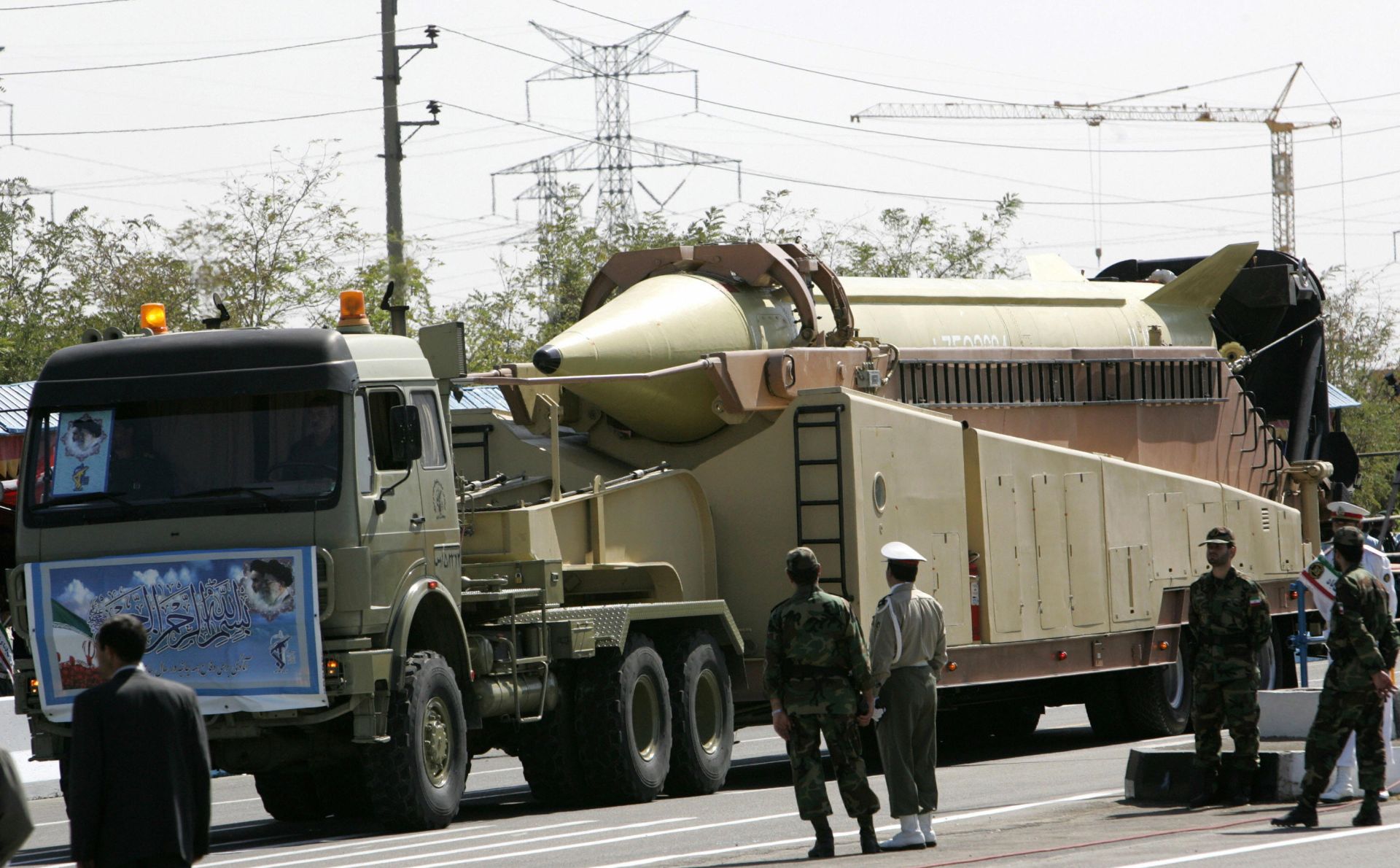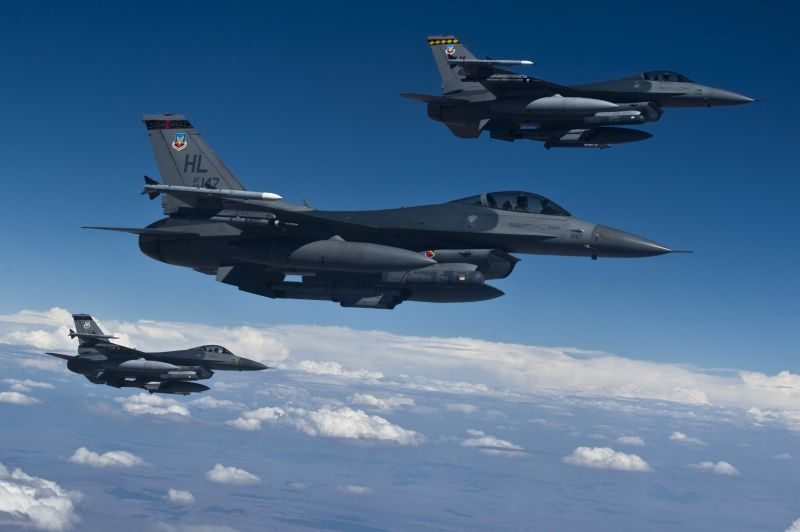A dispute over United Nations sanctions on Iran’s ballistic missile program emerged July 6, holding up a nuclear deal between Tehran and six world powers on the eve of a self-imposed deadline.
Though ballistic missiles have not been addressed previously in the negotiations, and were not included in a framework agreement announced in April, “the Iranians want the ballistic missile sanctions lifted,” one Western official said. “There’s no appetite for that on our part.”
Throwing another wrinkle into the mix, a senior Iranian official told reporters in Vienna that Tehran wants a broad UN arms embargo terminated as well — something a senior Western diplomat called “out of the question.”
The United States and other western countries want to maintain restrictions on Iran’s access to conventional arms because Iran continues to be a major instigator of militant activity and war-making in the Middle East, from Yemen to Lebanon.
In announcing the framework pact in April, the United States said “important restrictions on conventional arms and ballistic missiles” would be incorporated in any new UN guidelines for Iran. Such restrictions are important for maintaining support for the accord in Congress.
After Iran raised its new demands, the White House insisted that any final deal must “be in line with the framework agreement.”
But an Iranian negotiator said “Iran is insisting on its rights and says all the sanctions, including on the ballistic missiles, should be lifted when the UN sanctions are lifted.”
He acknowledged that is a difficult pill for western negotiators to swallow.
“The Western side insists that not only should [Iran’s ballistic missile program] remain under sanctions, but that Iran should suspend its program as well,” the official said.
Russia and China, unlike the western powers, have expressed support for lifting the UN’s broad arms embargo, which was imposed in 2007 as part of a series of penalties over Iran’s nuclear program.
The nuclear accord under development for the past two years has been aimed at curbing Tehran’s most sensitive nuclear work for a decade or more, in exchange for relief from sanctions that have slashed Iran’s oil exports and crippled its economy.
Given the unexpected last-minute questions involving ballistic missiles and conventional weapons raised by Iran, diplomats conceded that the talks are likely to slip past the June 7 target date to reach a final deal.
Moreover, the dispute raises the odds that a deal may fall through altogether.
“There will not be an agreement at any price,” a German diplomat said. “Failure is not ruled out.”
At stake is the deal’s credibiity in a world full of critics. Israel and the nuclear deal’s many opponents in the U.S. Congress have warned that any agreement to lift sanctions will infuse Iran’s economy with billions of dollars that could be used to fuel its many conventional military adventures in the region.
“It will give them a jackpot of hundreds of billions of dollars with which to continue to fund their aggression and terror – aggression in the region, terror throughout the world,” Israeli Prime Minister Benjamin Netanyahu said recently.
Representative Ed Royce, the Republican chairman of the House Foreign Affairs Committee, echoed those concerns and raised alarms about Iran’s new demands.
“With tens of billions of sanctions-relief cash likely coming, Iran now wants free rein to arm Hezbollah terrorists, assist [Syrian President Bashar] Assad in Syria, and aid Huthi rebels in Yemen,” Royce said.
Whether the sticky new issues can be resolved in time remains to be seen. The clock is ticking on the negotiations.
U.S. President Barack Obama must submit the deal to Congress by July 9 if he hopes to limit Congress’ review period to 30 days.
If the deal is submitted later than July 9, the Republican-led Congress would have 60 days to review it, raising the odds that the deal will unravel.











